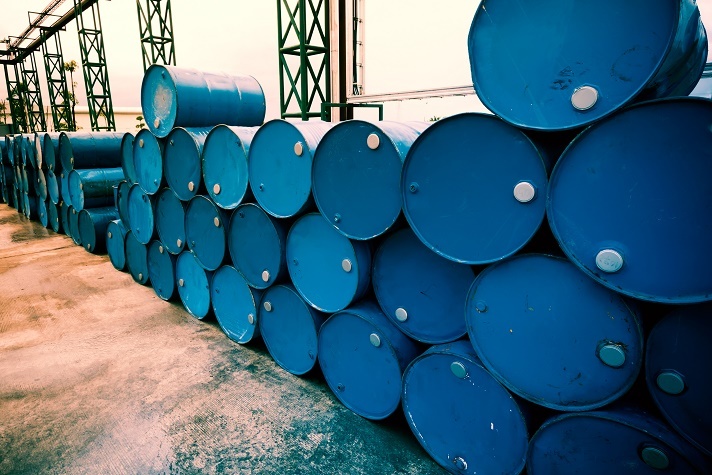The long-term expectations on sales include increased pipeline infrastructure, more jobs, and more refineries throughout the country, and a Wall Street Journal article said this is just the start: “The first oil sales abroad are flowing to Europe but, in the longer term, Latin America and Asia could become natural markets, according to industry experts.”
When Obama signed the ban-lifting provision into law, he was fulfilling the hopes of the House Energy and Commerce Committee, which passed H.R. 8, the North American Energy Security and Infrastructure Act, which had provisions lifting the ban.
Preparations have been underway for five years. Energy companies, including Plains All American Pipeline LP and Enterprise Product Partners LP, have spent billions of dollars since 2010 building new pipelines, oil-storage tanks and dock space at ports. The oil was extracted by ConocoPhillips, who pumped the oil in Karnes County, Texas, 60 miles south of San Antonio. The first cargo will travel 5,000 miles to Bavaria in Germany. The second is sailing to Marseilles, France, where it will be conveyed by a pipeline to a Swiss refinery.
The oil being shipped abroad is light, sweet crude — pricier than the heavy crude U.S. refiners are equipped to process. “The barrels leaving the U.S .are a better fit for other refiners,” Skip York, vice president of integrated energy at Wood Mackenzie, said.
Ryan Lance, CEO of ConocoPhillips, said the global oil glut will diminish in the next year or two as low crude prices spur demand for fuel. As rising demand pushes crude prices higher, Lance said foreign buyers eventually may be purchasing as much as 2 million barrels of oil daily within the next five years,
This new market is expected to emerge much like any other — slowly, then a steady rise -- as the going price of foreign crude oil isn’t much higher than what a barrel of U.S. oil can bring. Transporting crude via tanker across an ocean seems expensive right now, experts said, but as prices rise, the efforts to lift the ban will seem worthwhile.


 Alerts Sign-up
Alerts Sign-up